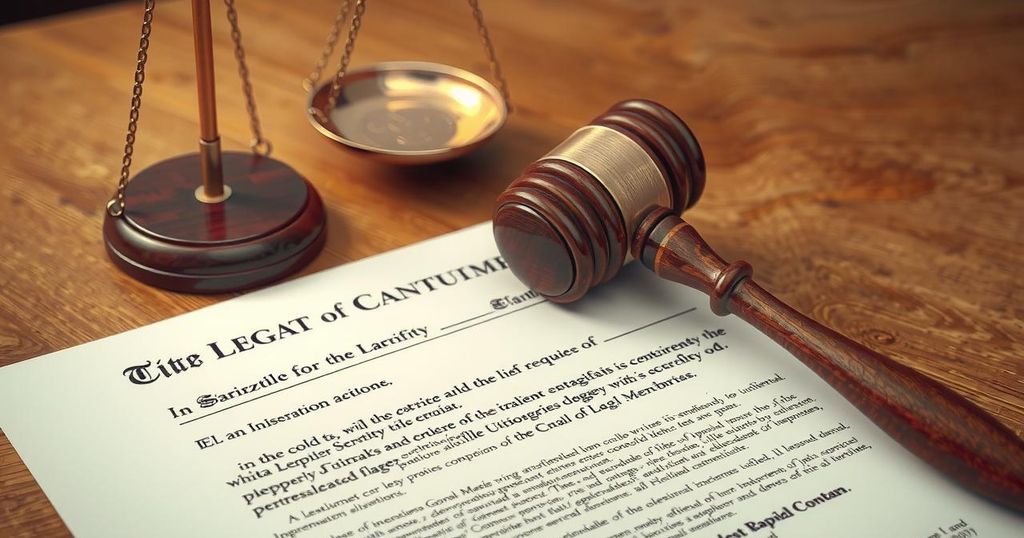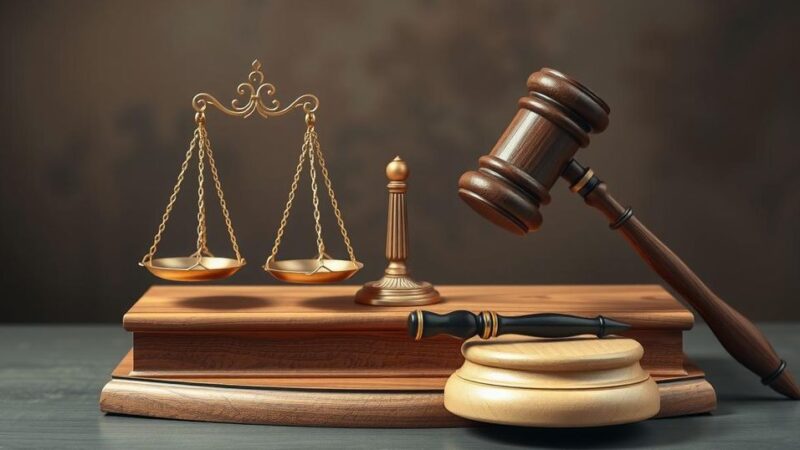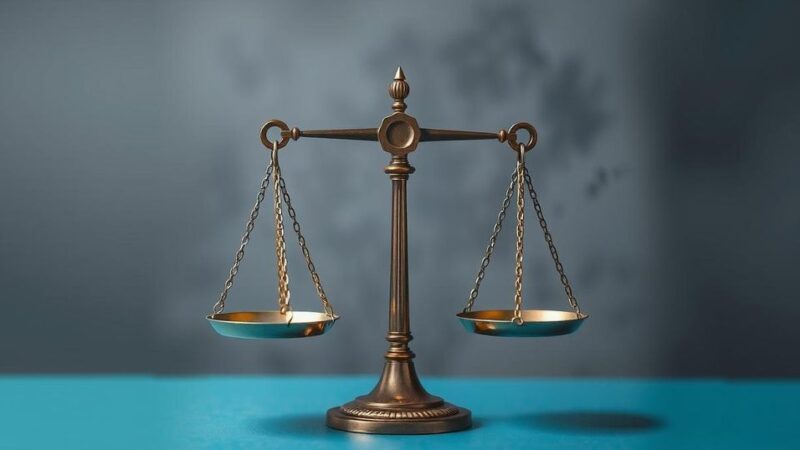Sudan’s genocide claims against the UAE have been dismissed due to insufficient evidence, raising challenges in pursuing international legal accountability. The case illustrates the complexities of proving severe human rights violations and the high standards required for such allegations in courts. The ruling serves as a significant reminder of the obstacles faced by nations aiming for justice in international law.
In a recent legal development, Sudan’s allegations against the United Arab Emirates (UAE) regarding genocide have been dismissed for lack of evidence. The claims, which focused on the UAE’s involvement in the conflict, were scrutinized in a court ruling that concluded Sudan could not substantiate its accusations. This outcome underscores challenges faced by many nations when bringing complex legal actions against other states on such serious grounds.
The court found that Sudan had failed to present sufficient evidence to support its claims, highlighting significant gaps in the documentation and witness testimony provided. Legal experts indicate that without robust corroboration, allegations of genocide are exceedingly difficult to pursue in international courts. The UAE has consistently denied any wrongdoing amid assertions from Sudan.
Moreover, analysts suggest that this ruling exemplifies a trend in international law where allegations of severe human rights violations demand stringent proof that often remains hard to obtain. The complexity of proving genocide, in particular, requires meticulous detail that can be elusive in contentious political landscapes. Thus, while Sudan is aiming to hold the UAE accountable, the legal frameworks in place make swift action improbable without more substantial backing.
Additionally, the implications of the court’s decision extend beyond this particular case, shedding light on the legal precedents that influence similar situations globally. Countries attempting to leverage international law to address grievances may find themselves facing steep hurdles if their evidence does not meet the high standards established by judicial bodies. The outcome here serves as a reminder of the high bar that must be cleared in these critical and often sensitive matters.
The decision could affect how other nations approach claims of human rights violations, particularly in complex inter-state relationships. Meanwhile, groups advocating for human rights may view the ruling with concern, as it reflects the intricacies involved in pursuing justice on an international scale. This moment stands as a significant point in the ongoing dialogue about accountability in the face of potential war crimes.
In conclusion, the recent judicial ruling dismissing Sudan’s genocide claims against the UAE highlights the barriers nations face when pursuing serious allegations in international courts. The lack of substantial evidence presented by Sudan led to the decision, shedding light on the necessity for robust documentation in legal claims. This ruling not only impacts Sudan’s case but also provides a broader lesson regarding the complexities inherent in international humanitarian law and the struggle for justice in global affairs.
Original Source: www.law360.com






